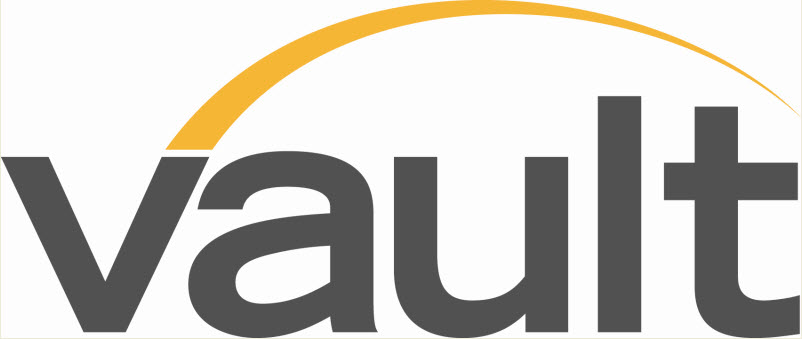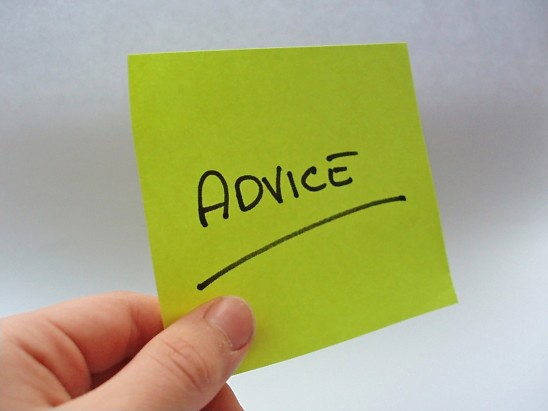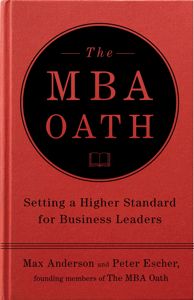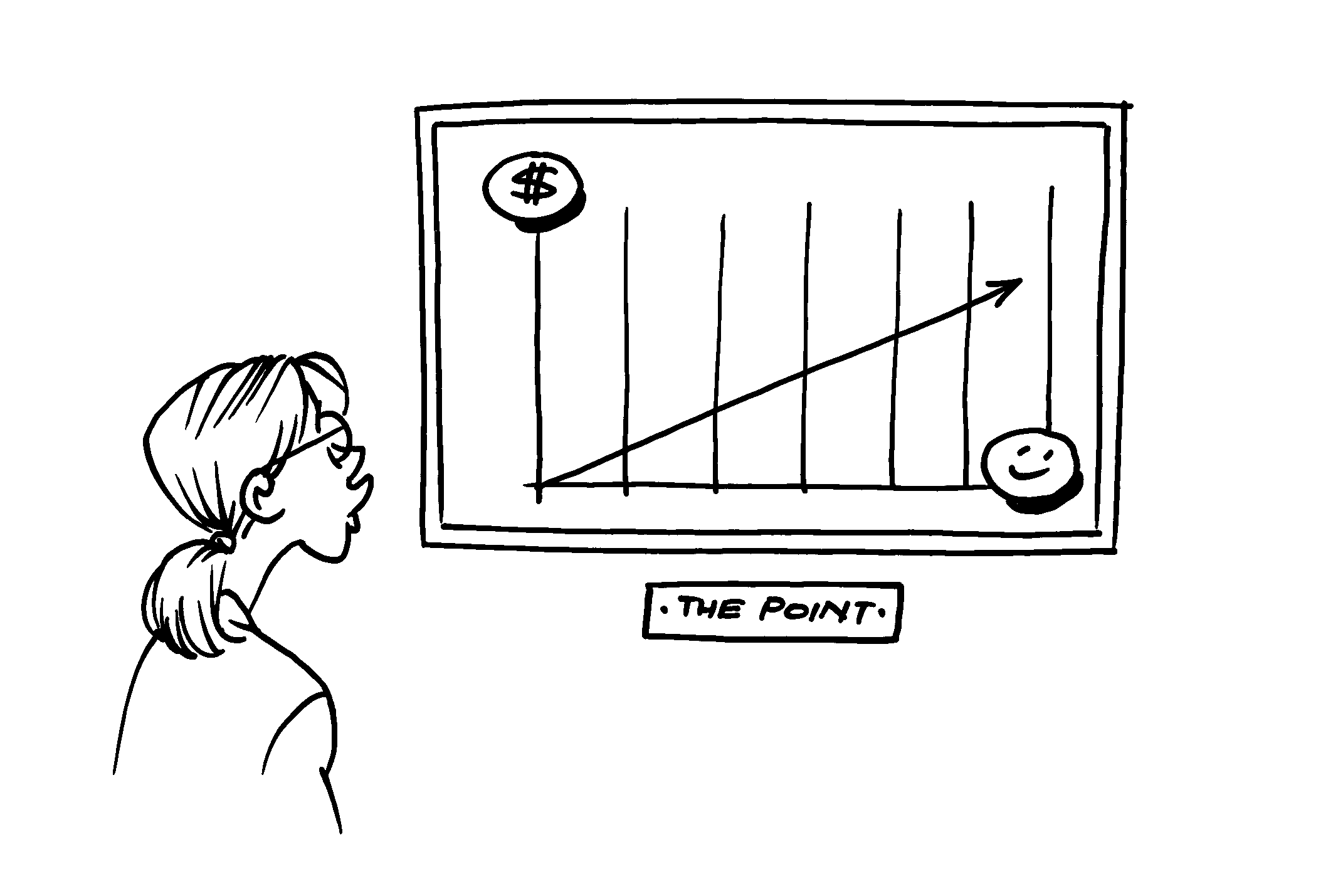The MBA CSR Job Search
/I am back from my cross country road trip and happy to report I am officially based in the San Francisco Bay Area again.
I have many stories to share from the road, but before I recap my trip, I wanted to give a quick plug for my friend and fellow Twitterer Aman Singh Das, Corporate Responsibility Editor of Vault.com.
For anyone who participates in the CSR community on Twitter, Aman’s name and her work on Vault.com and the In Good Company blog will definitely ring a bell. I first met Aman a few months ago when she was interested in publishing one of my CSR job search posts.
Our paths crossed again a few weeks later when she reached out to me for an interview. Curious about how MBA graduates are faring in their CSR job search, Aman decided to write what she called an “intergenerational study” of MBAs who want to create change in business.
Included in my interview cohort were MBAs from Case Western, Marlboro College and UC Irvine (including my friend Geetanjali Singh). The unifying theme for all of the interview subjects was our interest in finding a job in corporate social responsibility.
Here’s what Aman had to say about her report:
Over the next two weeks, I will be publishing interviews with each of the graduates, providing you with in depth insights into their worlds and their progress—or lack of it—in finding employment in their chosen field. Each of the graduates left behind stable, well-paid careers—ranging from IT, programming, and nonprofit fund raising—to strike out in a field they feel truly passionate about. Will they sacrifice that passion for CSR in favor of employment? And if not, how long are they willing to search for that perfect job, and what alternatives exist in the marketplace?
I am so thrilled to have taken part in such an interesting inside look into how MBAs are finding their way in the field of corporate social responsibility. Thanks Aman for including me in your study!
Since I thought this content would be of interest to readers of The Changebase, I’ve provided links to all of Aman’s great reports, including the full transcript from her interview with me.
I hope you enjoy!
-Ashley
- Job Hunting in CSR: What’s Next for These MBA Graduates?
- Part 1: Will the Recession Serve as a Tipping Point for Corporate Responsibility?
- Part 2: Connecting Corporate Responsibility with Career Objectives.
- Part 3: After All is Said and Done, Where Are the Jobs?
- Career Change: Leveraging Business School to Move From Nonprofit Fundraising to Corporate Sustainability (My Full Interview with Aman)
- Readers Respond: The Evolution of CSR and What Might Be Next.









 Thus, in essence, CSR leads to engaged employees which leads to increased returns for business. And voila - the business case for CSR in a nutshell!
Thus, in essence, CSR leads to engaged employees which leads to increased returns for business. And voila - the business case for CSR in a nutshell!